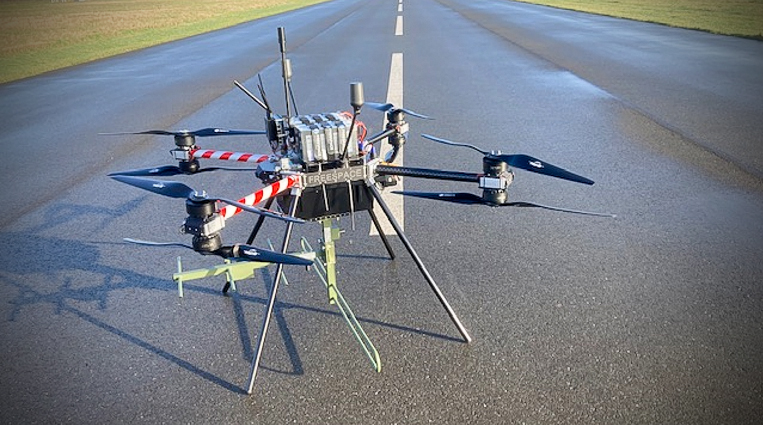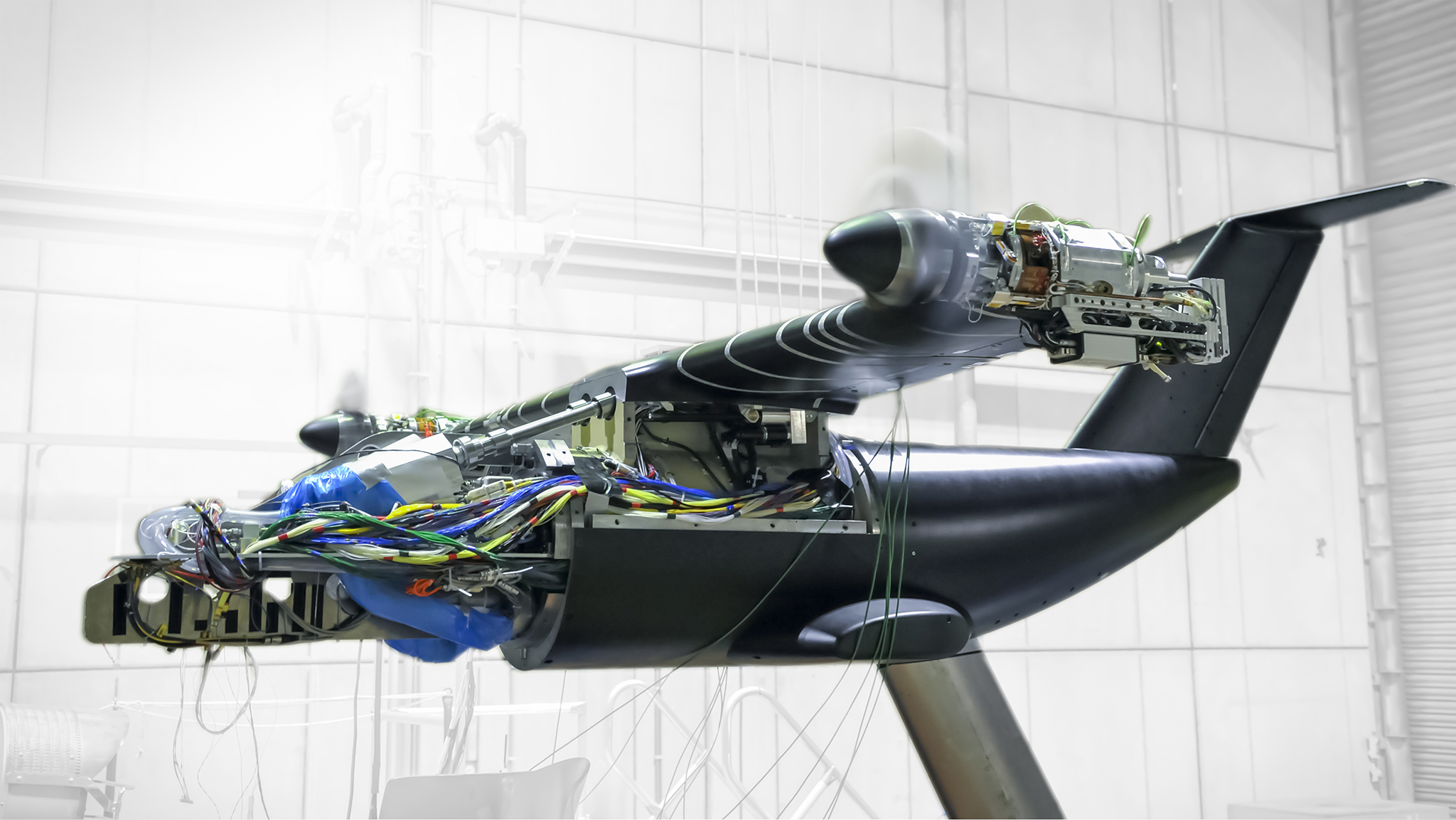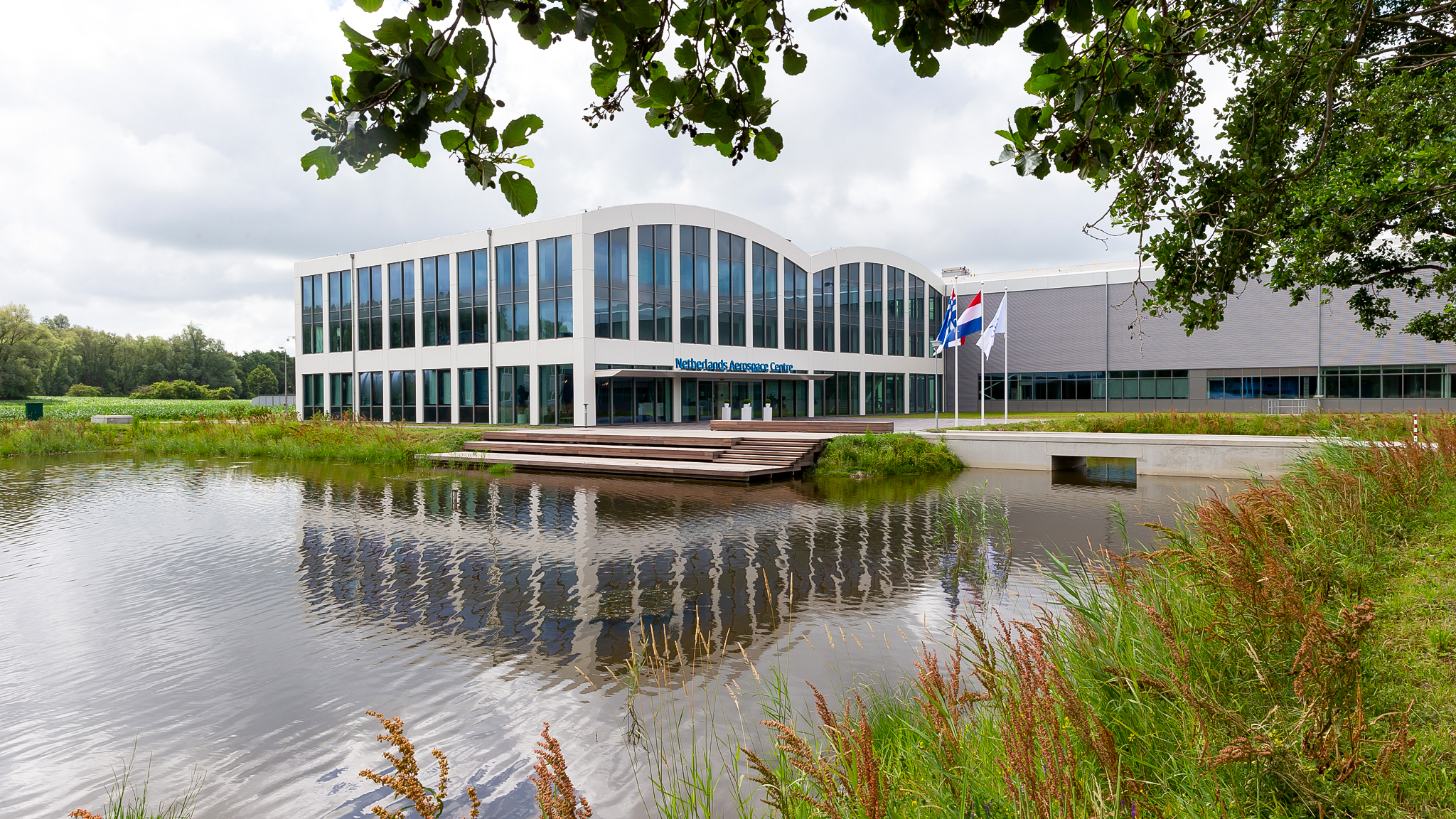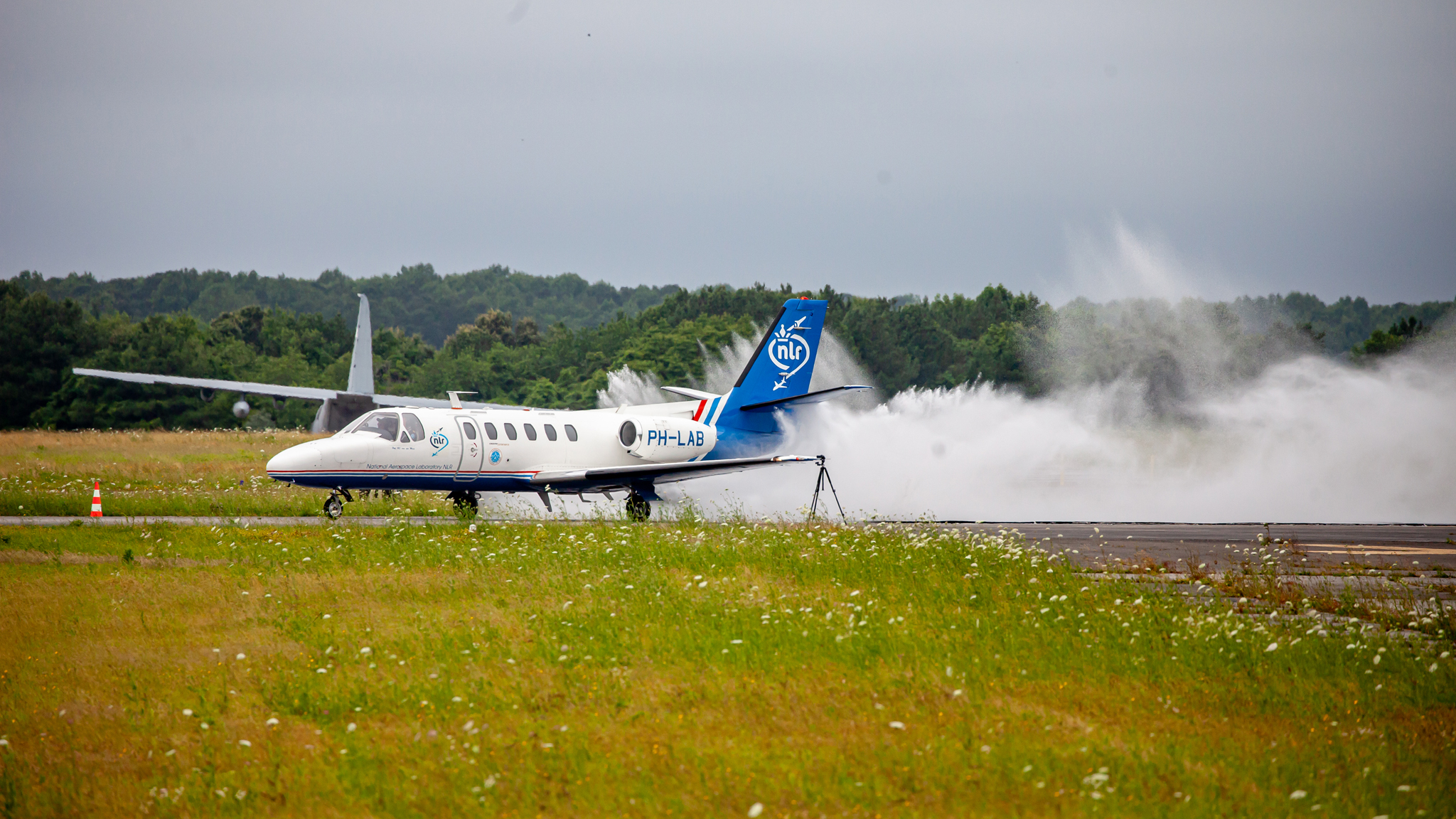
Area of expertise
Aircraft Operation and Certification
New, disruptive technologies must not jeopardise flight safety. That’s why all these technologies, like electric flying, scaled flight testing and unmanned systems, are certifiable. Also emerging technologies in combination with digital engineering, explainable AI, certification by simulation and virtual certification and testing are increasingly finding their way into applications that should make it possible to shorten the certification process of newly developed flying systems, without compromising safety.
We work on our research aircraft (Citation PH-LAB and Pipistrel PH-NLX) in order to use them for field tests.
Our study into new and/or sustainable technologies contributes to their certifiable implementation. In addition, market parties can use our research facilities, including our research aircraft.
Outline of the research
Certification
The intended impact of this study is to improve or enable the certifiability of new technologies. This includes, for example, new propulsion technology (electric and/or hydrogen) and the use of AI in the cockpit, with the aim to improve flight safety and/or reduce the workload.
Flight Test Support (FTS)
We study technological developments, such as the application of modular FTI (Flight Test Instrumentation) systems and the use of SAS (Stand Alone Sensor) systems. The aim is twofold: to meet the key customer demand for aircraft to be available for flight testing more quickly and to reduce the impact of modifications to research aircraft. We apply this in practice with our research aircraft.
Sustainable flight profiles
With this study, conducted with our research aircraft, we want to contribute to reducing the negative effects of aviation.
Deployment of large unmanned systems (certified category)
Through this research, we want to enable the use of large unmanned systems within our flight operations, for example for research purposes for Defence and to perform measurement flights around airports.
Some projects
Electric flight knowledge sharing
NLR has exchanged knowledge with ROC Amsterdam-Flevoland about experiences with electric flying. Since the end of 2022, ROC has had an electric Pipistrel, just like NLR. In addition, there is an agreement with the Rotterdamsche Aeroclub (RAC), which allows RAC members to fly with NLR’s Pipistrel. This collaboration enables more people to get acquainted with electric flying and provides NLR with the opportunity to collect valuable experience data.
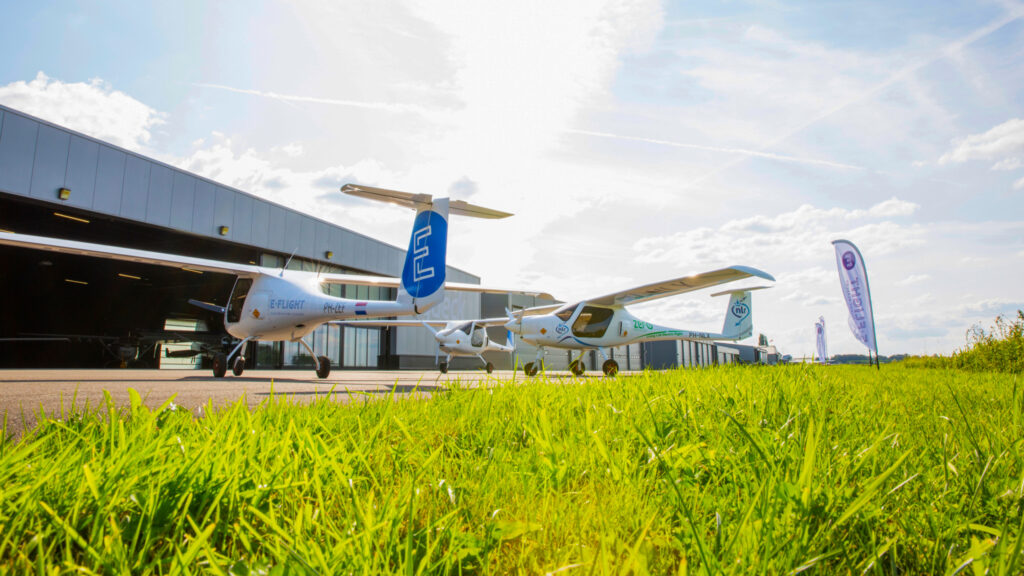
Drone Flight Inspectie
Drone Flight Inspection (DFI) is a new flight inspection method using drones that complements the existing flight inspection service with the Citation. In 2023, the first measurements were carried out with Instrument Landing System (ILS) at Deelen Airport, a well-known ILS system. Additionally, test flights were conducted at the NLR Drone Centre in Marknesse to improve the development of the DFI system and practical ILS measurement procedures. Furthermore, work was done on optimising the functionality and operationalising the Drone Flight Inspection Software, in order to fully utilise this innovative technology for flight inspections.
